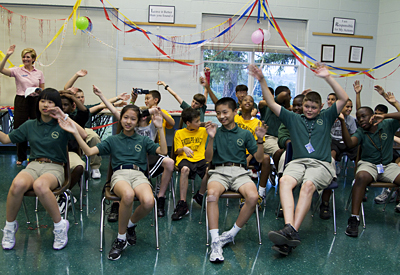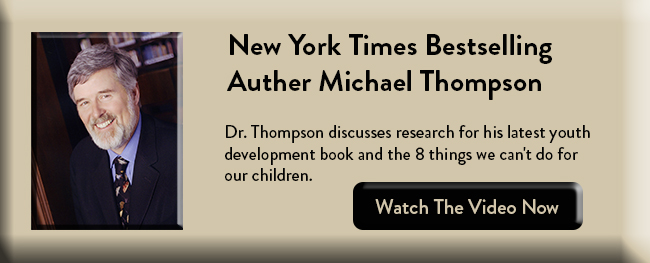Overnigth Summer Camp Vs Academic Camp
Which summer camp should I go to?
 It's a question that all parents must wrestle with: “What do I want my kids to get out of their summer?”
It's a question that all parents must wrestle with: “What do I want my kids to get out of their summer?”
Is it a time to have fun and enjoy a break from school, or is it a time to push ahead with advanced academic programs and college preparation?
Fortunately, there's an option that meets both needs. While academic summer programs may be a great fit for certain students, three weeks at an overnight summer camp presents the challenges and growth that all kids will need before they can go away to college and be successful.
In fact, one way we've learned to think about the benefits of overnight camp is with the phrase “College and Career Readiness”. It's practically the best college training we can think of!
College and Career Readiness
College challenges our kids in many ways beyond academics:- Socially: must navigate a much more involved social atmosphere including living with roommates, finding study groups, and balancing social activities
- Emotionally: students must learn to live away from home for the first time
- Physically: students must learn to manage their schedules, sleep, food, exercise, and miscellaneous tasks like laundry
Many students arrive underprepared for these challenges, and college deans have taken to using the term “tea cup” to describe students who are academically prepared but struggle in their first year away from home.
But how are we to help our kids prepare to thrive in an environment away from home? An overnight camp experience may be the perfect answer.
Overnight summer camp experiences
At overnight camp, kids are exposed to many of the same challenges as they are in college:
- living in a cabin with 10-11 peers
- exposure to learning new activities on a daily basis
- managing a daily schedule of activities
- taking a portion of responsibility for food, sleep, and hygiene
- the knowledge that they can thrive in an environment away from home
For two to four weeks, your child gets to practice all of the skills it takes to live away from home in a supervised and supporting environment. It's no wonder that parents have started to tell us that they think camp was the best thing they could have done to prepare their kids to succeed in college.
What do the experts say?
Eminent child psychologist Dr. Michael Thompson (author of Raising Cain and Homesick and Happy) agrees. In a recent Huffington Post article about the benefits of summer camp, he shares that, “when I interviewed college admissions officers about how they view campers, they say that they think former campers are more likely to succeed in college because they have had successful experiences away from home”.
He goes on to say that camp even makes sense in terms of having a strong resume: “Does an overnight camp experience still make sense in this competitive, resume-building world? From this psychologist's point of view, the answer is a resounding YES. I believe that children develop in profound ways when they leave their parents' house and join a camp community.”
What about an overnight academic camp?
An overnight academic camp will confer more advantages than a day camp, but will still lack opportunities that a great traditional resident camp will offer.
The first difference is that most overnight academic camps are one week in length. One of the most valuable opportunities at a resident camp is practicing how to build real, substantive friendships. At a one week camp, the first few days are spent getting the hang of the routine and getting used to the new environment. Then the last day or two is spent wrapping up and getting all of those last activities in, so there really isn't enough time to build meaningful friendships. It takes two or three weeks of living together to adequately stretch that social muscle.
One other difference is that your child is unlikely to be pushed outside of his comfort zone if he gets to focus on his favorite academic subject all day. We grow when we are pushed. At a traditional overnight camp, he will be exposed to dozens of different activities each week. He will still get to play his favorite sports, but will also try things like rock climbing, skiiing, and music that will stretch his abilities in other ways. It's healthy for kids to do things that they are good at, but also to do activities at which they are not quite so naturally proficient.
What should I do if my kids want to do an academic program over the summer?
If your kids are interested in a specialty academic program, go ahead and send them! They will enjoy it and are sure to learn from the experience. Just make sure that overnight camp doesn't get crowded out of the schedule, because it's overnight camp that's teaching your kids the most important skills that they will gain over the summer.
Learn more about some of the advice from experts, like Dr. Michael Thompson, as mentioned above. Dr. Thompson shares his latest resource on what we can't do for our children and the magic of summer camp.


